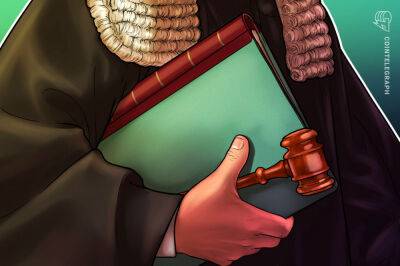Crypto inheritance: Are HODLers doomed to rely on centralized options?
Self-sovereignty is a core principle in the cryptocurrency space: Investors need to rely on a trustless, decentralized network instead of a central entity that has been known to devalue the holdings of others. One shortcoming associated with self-sovereignty, however, is inheritance.
An estimated 4 million Bitcoin (BTC) has been lost over time and now sits in inaccessible wallets. How many of those coins belong to HODLers who passed away without sharing access to their wallets with anyone else is unknown? Some believe Satoshi Nakamoto’s estimated 1 million BTC fortune hasn’t been touched for this very reason: No one else had access to it.
A study conducted in 2020 by the Crenation Institute has notably found that nearly 90% of cryptocurrency owners are worried about their assets and what will happen to them once they pass away. Despite the concern, crypto users were found to be four times less likely to use wills for inheritances than non-crypto investors.
The seeming lack of a solution does not seem to be widely discussed, however. Speaking to Cointelegraph, Johnny Lyu, CEO of crypto exchange KuCoin, said that crypto inheritance is still “poorly understood” because most crypto holders are young and, as such, aren’t thinking about their death or inheritance.
Moreover, Lyu states that we have not yet “come across a legislative precedent in this matter.” As such, there isn’t enough experience “in resolving inheritance disputes as, for example, in matters of theft and return of cryptocurrencies.” To Lyu, crypto inheritance “comes down to providing relatives with private keys.” He added that it can be managed through private keys in a cold wallet that is then stored in a safe and held with a notary:
The CEO added that investors
Read more on cointelegraph.com




















